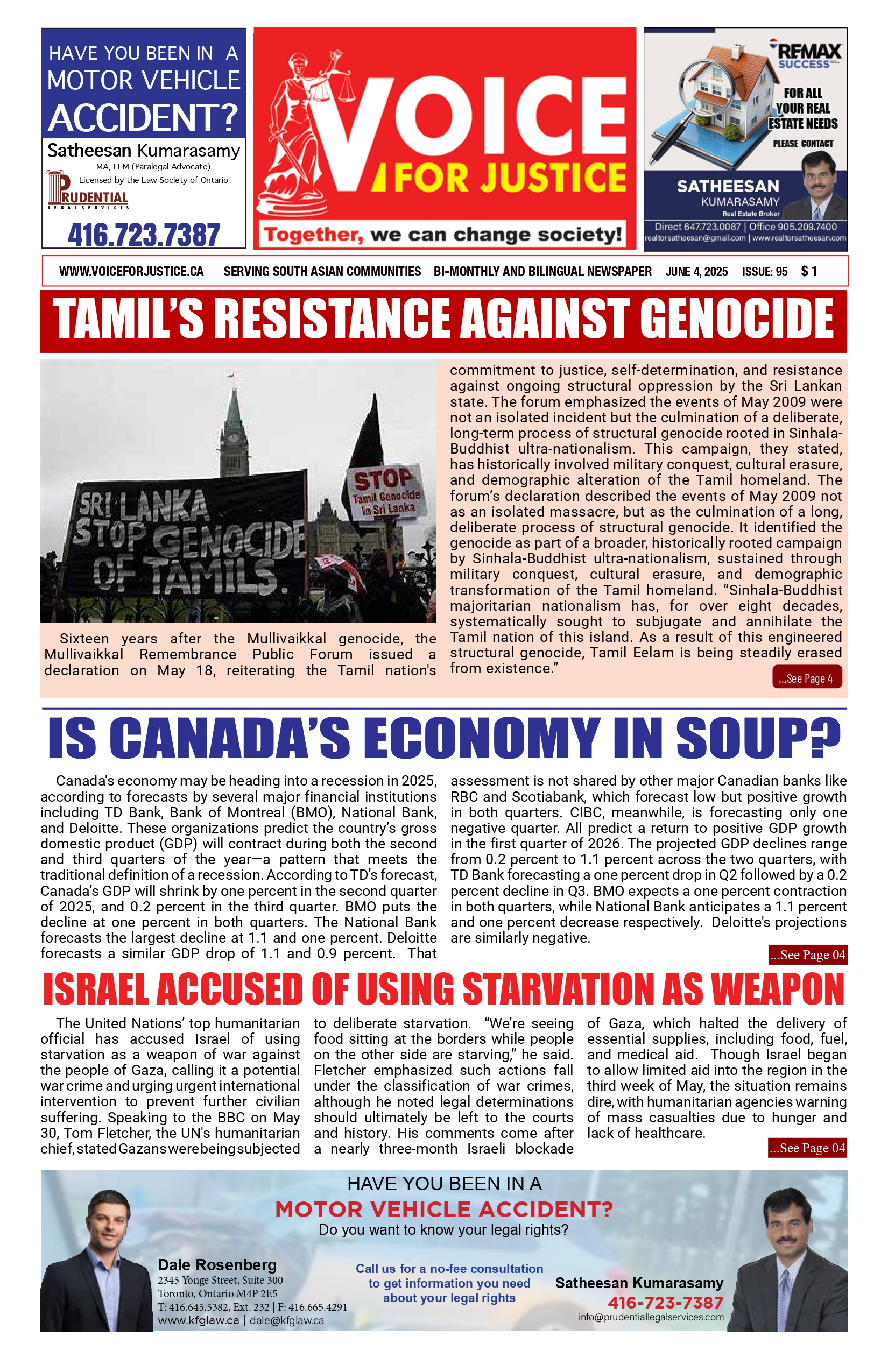Bureaucracy, Taxes Continue to Add to Housing Crisis
19-Oct-2024Affordable housing projects, which aim to ease the burden on lower-income families, are also hindered by these challenges.

The housing crisis, an issue affecting millions, is exacerbated by layers of bureaucracy and rising taxes, which slow down construction and inflate costs. Complex zoning laws, excessive permit processes, and regulatory red tape often delay housing projects by months, if not years. Developers must navigate numerous agencies and comply with stringent local regulations, all of which drive up the cost of building homes.
In addition to bureaucratic delays, property taxes and other real estate-related levies contribute to making homes more expensive. Local governments often rely on high property taxes to fund essential services, but this places a significant burden on homeowners and renters alike. For developers, higher taxes translate into steeper prices for new homes, while homeowners face rising costs that can push housing out of reach for many.
Affordable housing projects, which aim to ease the burden on lower-income families, are also hindered by these challenges. Governments may offer incentives, but these are often outweighed by bureaucratic hurdles, making it difficult for developers to bring affordable units to market at the speed and scale required.
In the end, the combination of slow-moving bureaucracy and high taxes not only delays housing production but also inflates prices, intensifying the housing shortage. Without significant reform in these areas, the housing crisis will likely continue to worsen.







